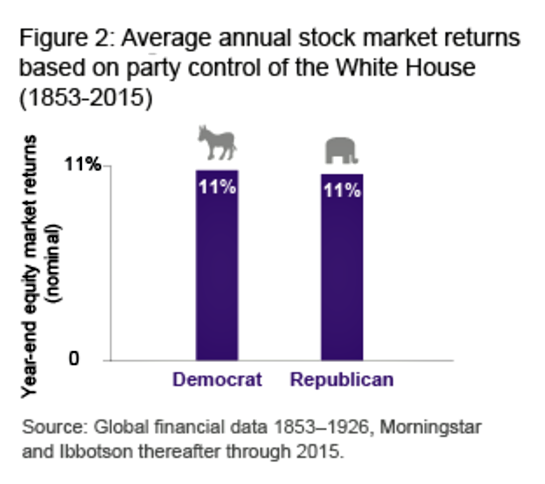Giving the Gift of Financial Planning
A Lifetime of Financial Knowledge Wrapped Up in a Bow
Stuck for ideas on what to give newlyweds, graduates, or new parents for Christmas or Hanukkah? Consider something nontraditional this year that will last a lifetime and never go out of style: a visit with a financial planner.
Giving someone a financial planning consultation is a unique way to show you care, and it can help set up a loved one for a successful financial future. Newlyweds, graduates, and new parents all are at the start of a new phase of their lives. A financial planning gift provides them with something that may last for decades.
Those experiencing life’s transitions will also face financial challenges. Whether it’s learning to budget as a couple, understanding retirement plan options at the first job after graduation, or starting to think about paying for college, many important financial decisions await young people today. You can help by putting financial planning front and center.
Maintain the Wedded Bliss
Money and finances are among the top issues that cause marital discord. A financial planner can help strategize for a happily-ever-after financial life. A good planner will spend time talking to the couple, helping them determine their mutual financial goals. There are so many topics a financial planner can help with, including: managing household expenses; reviewing assets, debts, and credit reports; creating a budget; discussing future goals and creating mutual goals such as buying a home; analyzing benefits; updating wills; and reviewing insurance coverage.
Help Graduates Start Right
Once the diploma is hanging on the wall, it’s tempting for new grads to overspend, racking up credit card debt and a new car loan when what they really need to be worrying about is paying down student loans and planning for retirement. A gift of financial planning can help a new graduate establish short- and long-term financial goals and develop a budget to meet those goals. A financial planner may also help the grad deal with the new challenge of filing taxes and make recommendations on how to allocate investments into 401(k) or other retirement savings vehicles.
Bringing Up Baby, or Babies
The government estimates that a middle-income family will spend more than a quarter of a million dollars to raise a child until he or she is 18. New parents will benefit by working with a financial planner to figure out how much money they’ll need to raise their child. A financial planner can help them create a savings safety net, create and stick to a budget, advise about life insurance and wills, and talk about saving for college.
Purchase a financial planning gift certificate for someone you care about and know you’ve made a lasting contribution!

















